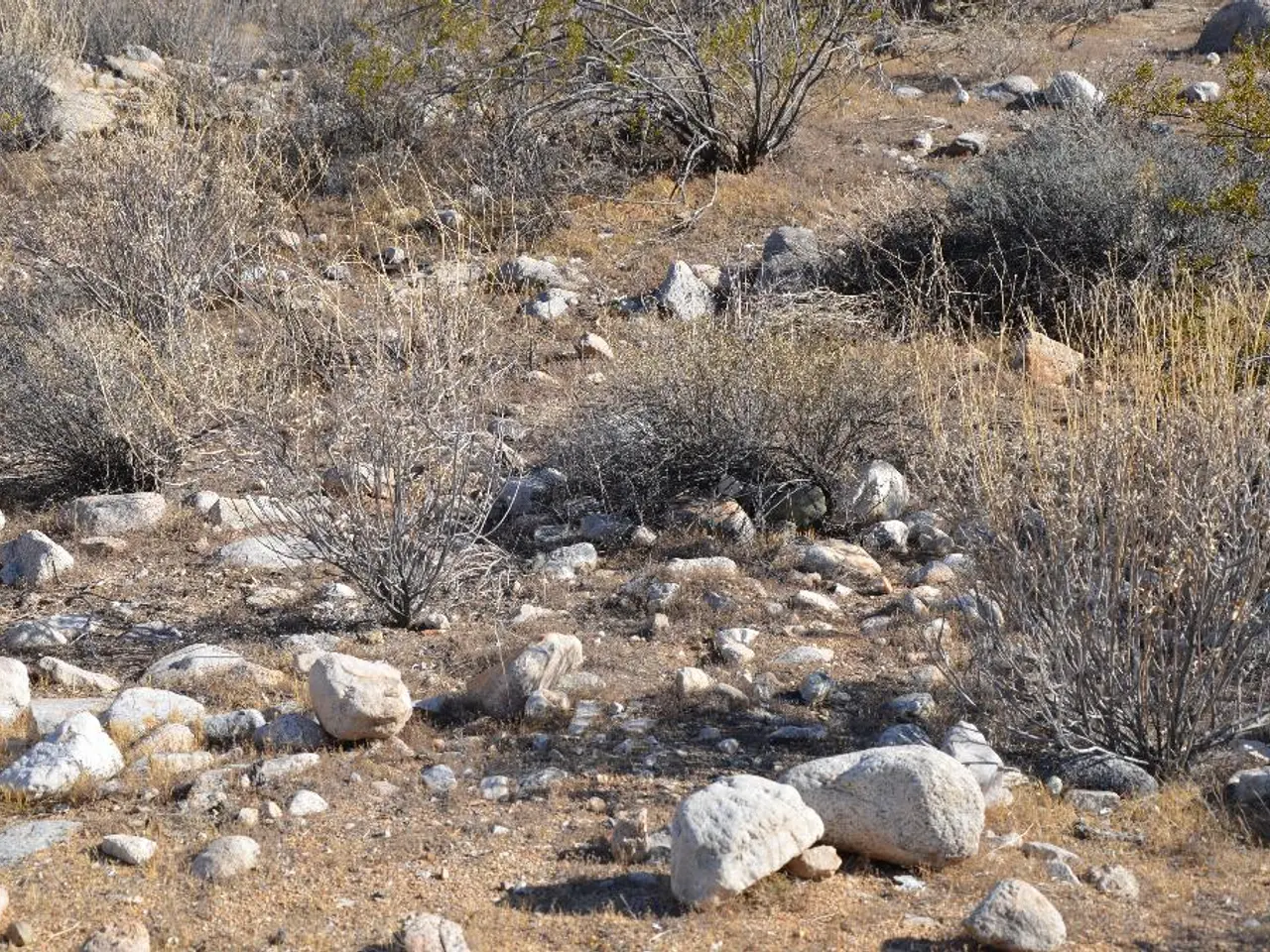EPA under Trump's administration stays rule postponement for cleaning up toxic coal waste
The Environmental Protection Agency (EPA) has proposed extending the deadlines for facilities evaluation reports and groundwater monitoring at coal combustion residual management units (CCRMUs), potentially delaying the development of a cleanup plan and final remedy for toxic coal ash contamination.
The proposal, which comes as part of the EPA's Powering the Great American Comeback Initiative, is intended to provide more time for facilities to comply with the regulations. However, advocates are concerned that the extension could lead to further contamination of drinking water from toxic coal ash.
Last year, updates were made to the original 2015 coal ash rules to include so-called legacy coal ash, which wasn't covered by the original rules, and coal ash landfills. These updates were a significant step towards stricter coal ash regulations in the USA, with the Sierra Club filing a lawsuit in July 2025 to expand the provisions of the original rule, aiming to strengthen regulations and protect public health and the environment.
The EPA's announcement follows a July 17 meeting with EPA officials, advocates, and residents who live near some of the country's hundreds of legacy coal ash impoundments. During the meeting, EPA officials listened to concerns but made no mention of the delays that were about to be unveiled.
Under federal administrative procedures, the EPA's new direct final rule will take effect six months after being published in the Federal Register if no "adverse comments" are filed by the public. Groups including Earthjustice are almost certain to lodge adverse comments, which would cause the rule not to take effect and instead the companion proposal - to extend the facilities report deadline to February 2028 - would undergo a public comment process.
Lisa Evans, senior counsel at Earthjustice, believes that the EPA's proposal is intended to give themselves time to make significant changes to the legacy coal ash rule. She stated that the EPA's proposal to extend deadlines could delay the determination of contamination, which in turn delays the development of a cleanup plan and final remedy.
The utilities were given years to comply with the CCRMU portion of the rules, and now they are seeking more time from the EPA. The proposed extension of deadlines by the EPA is for "facility evaluation reports" and groundwater monitoring at CCRMUs, and the deadline to start groundwater monitoring at these units is being extended by an additional 15 months, from May 2028 to August 2029.
The initial coal ash rules, implemented in 2015, covered toxic coal ash at more than 700 sites at over 300 power plants nationwide. However, they did not include coal ash used for filling earth, building berms, or scattered about, nor did they cover ash at coal plants closed before 2015. After a federal court decision in 2018, the updated rules were eventually adopted in May 2024, covering CCRMUs as well as "legacy ponds" - coal ash stored in water at coal plants closed before 2015.
The EPA's latest move is seen as a potential step towards rolling back coal ash regulations, as President Donald Trump largely ignored federal coal ash rules during his first term. However, the EPA's proposal includes a direct final rule and a companion proposal for the extension of deadlines for CCRMUs, indicating a commitment to maintaining some level of regulation in the coal ash industry.
As the public comment period opens, advocates and concerned citizens are encouraged to voice their opinions on the EPA's proposal to extend the deadlines for facilities evaluation reports and groundwater monitoring at coal combustion residual management units. The future of coal ash regulation in the USA hangs in the balance.
Read also:
- Peptide YY (PYY): Exploring its Role in Appetite Suppression, Intestinal Health, and Cognitive Links
- Toddler Health: Rotavirus Signs, Origins, and Potential Complications
- Digestive issues and heart discomfort: Root causes and associated health conditions
- House Infernos: Deadly Hazards Surpassing the Flames








